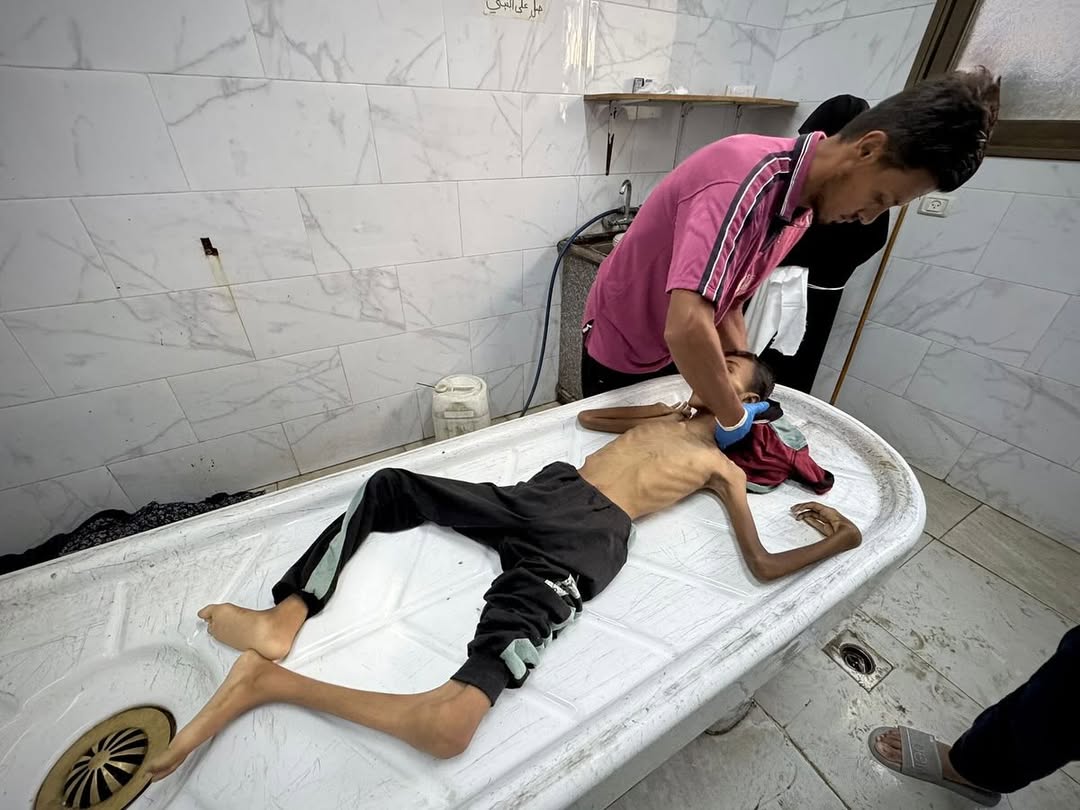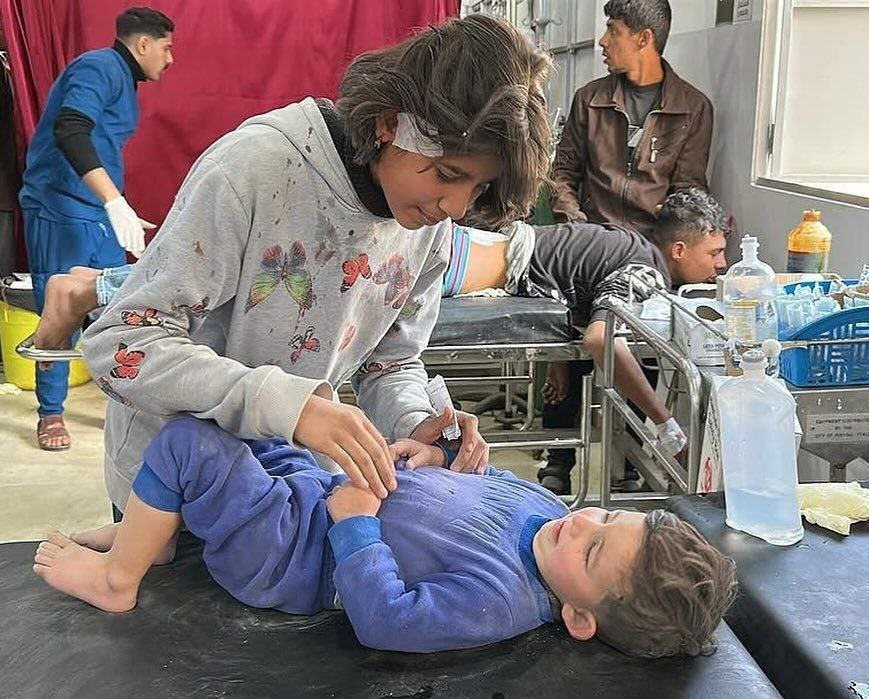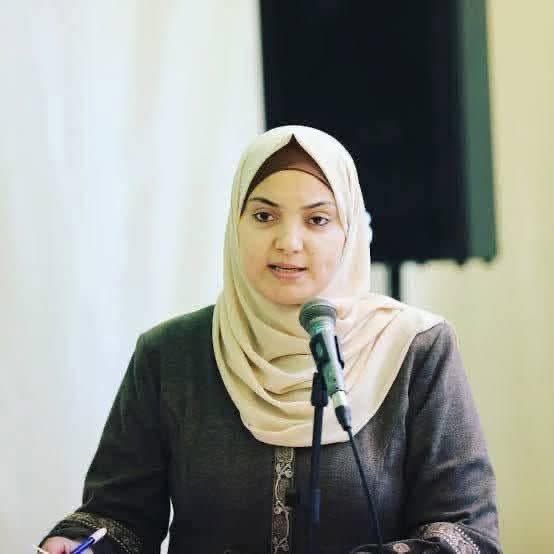BRUSSELS, July 20, 2015 (WAFA)
– The European Union Council Tuesday asked the High Representative to explore
options for the establishment of an international support group to contribute to
reviving peace talks.
The EU council, in a press statement, said
that the implementation of this initiative is expected to assist in securing a
just and lasting peace, but requires an increased common international effort.
With regional and international
actors expected to report back in early September, the EU expressed readiness to
engage in joint work with regional partners on the basis of the Arab Peace
Initiative, and welcomed ongoing efforts of the Quartet in this regard.
The EU Council has also
reaffirmed its commitment to a just and comprehensive resolution of the
Israeli-Palestinian conflict, based on the two-state solution.
It emphasized there was no alternative
to a negotiated two-state solution, given that “the regional context, including
the ongoing radicalization and spread of terrorism, makes it even more urgent
to end the conflict.”
“The status-quo is not an option,
as the viability of the two-state solution is constantly being eroded by new
facts on the ground,” the statement said, adding: “The EU urges both parties to
demonstrate their stated commitment to the two-state solution through concrete
actions.”
The council called on both
sides to avoid actions, by either side, which jeopardizes a negotiated
solution.
The EU vowed to actively
support all involved sides to “restore confidence and create an environment of
trust necessary to engage in meaningful negotiations as soon as possible.”
The statement stressed the
importance of addressing the grave situation in the Gaza Strip and fulfilling
previous pledges. “One year after the conflict, the humanitarian and
socio-economic situation in the Gaza Strip remains dire. In light of the urgent
needs of the people in Gaza, all international community pledges should be
honored.”
The EU expressed its concern
over UNRWA's severe lack of funds and, as a leading donor to UNRWA, called on
all concerned donors to step up their funding.
The council also tackled the
importance of respecting international humanitarian law and international human
rights law by states and non-state actors, including accountability, to achieve
peace and security.
It further welcomed recent
steps taken by Israel to ease restrictions in Gaza. However, it said further
positive measures are now needed to enable the full delivery of humanitarian
aid, reconstruction and economic recovery on a permanent basis.
Regarding the reconciliation,
the EU said intra-Palestinian reconciliation was an important element for
reaching the two-state solution.
It called on the Palestinian factions
to make reconciliation and considered the return of the PA to Gaza as a top
priority. “The PA must take greater responsibility in this regard and assume its
government functions in the Gaza Strip, including in the field of security,
civil administration and through its presence at the Gaza crossing points.”
The EU expressed full support
to provide full support to these efforts, including through the rapid
reactivation and possible extension in scope and mandate of its EUBAM Rafah and
EUPOL COPPS missions.
It also called on Israel to
enable accelerated Palestinian construction, as well as social and economic
development in Area C, explaining that “such actions will serve to strengthen
the prosperity and security of both Israelis and Palestinians.”
It further called on Israeli
authorities to halt plans for forced transfer of population and demolition of
Palestinian housing and infrastructure in the Susiya and Abu Nawar communities.
The international body
reiterated its strong opposition to Israel's settlement policy and actions
taken in this context, such as building the separation barrier beyond the 1967
line, demolitions and confiscation - including of EU funded projects -
evictions, forced transfers including of Bedouins, illegal outposts, settler violence
and restrictions of movement and access.
It said, such actions threaten
the two-state solution, while settlement activity in East Jerusalem jeopardizes
the possibility of Jerusalem serving as the future capital of both states.
The EU expressed its commitment
to ensure that - in line with international law - all agreements between the
State of Israel and the EU must unequivocally and explicitly indicate their
inapplicability to the territories occupied by Israel in 1967.
It added that it will work
actively on a renewed multilateral approach to the peace process in
consultation with all relevant stakeholders, including partners in the Quartet,
notably the US, in the region and the United Nations Security Council.
M.N/M.H












